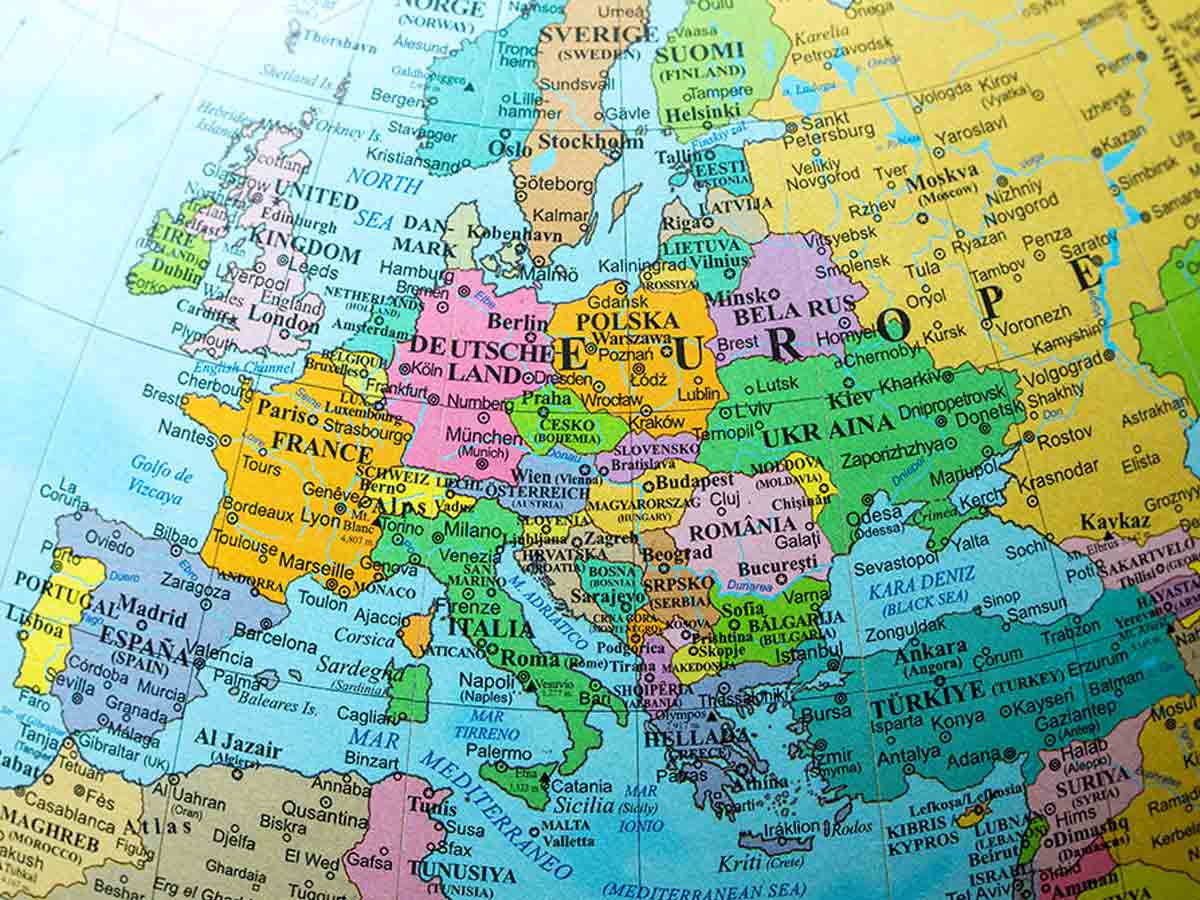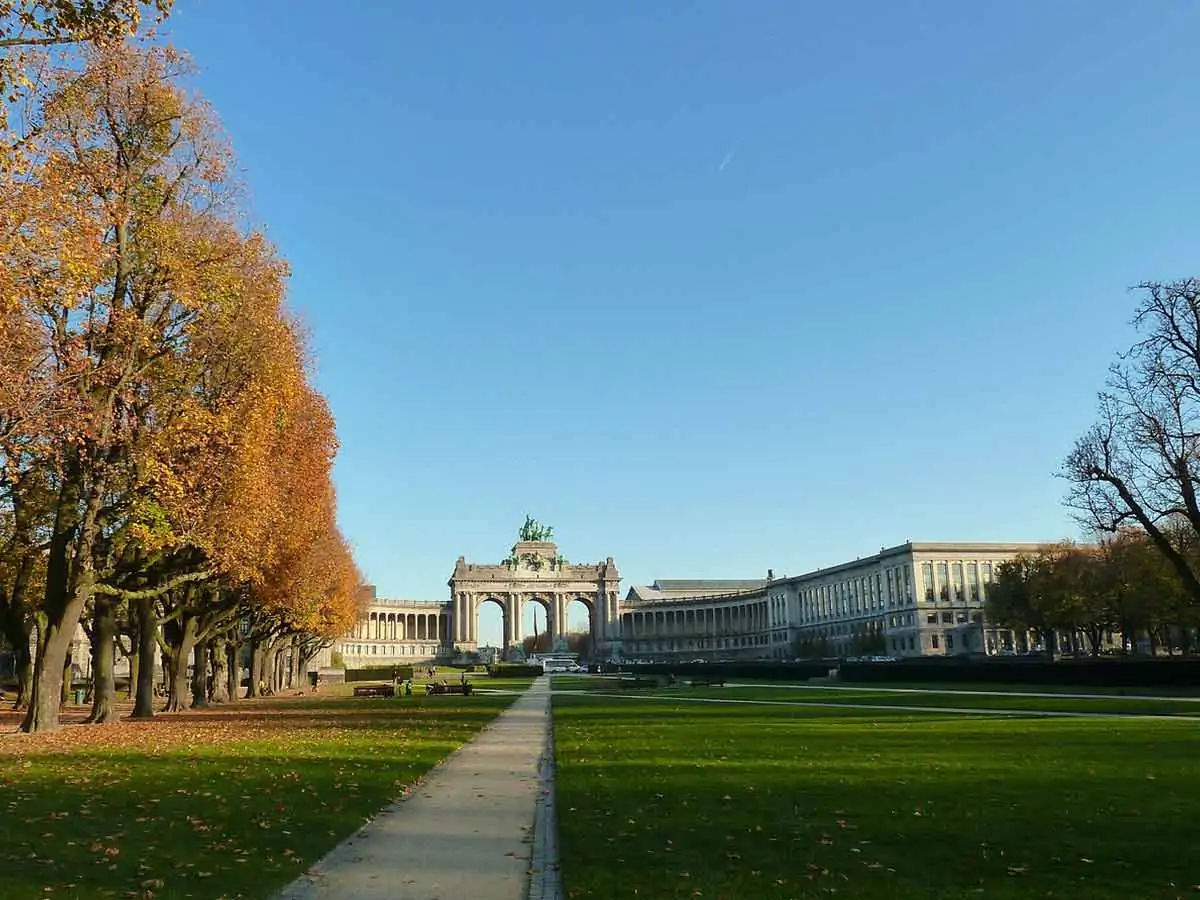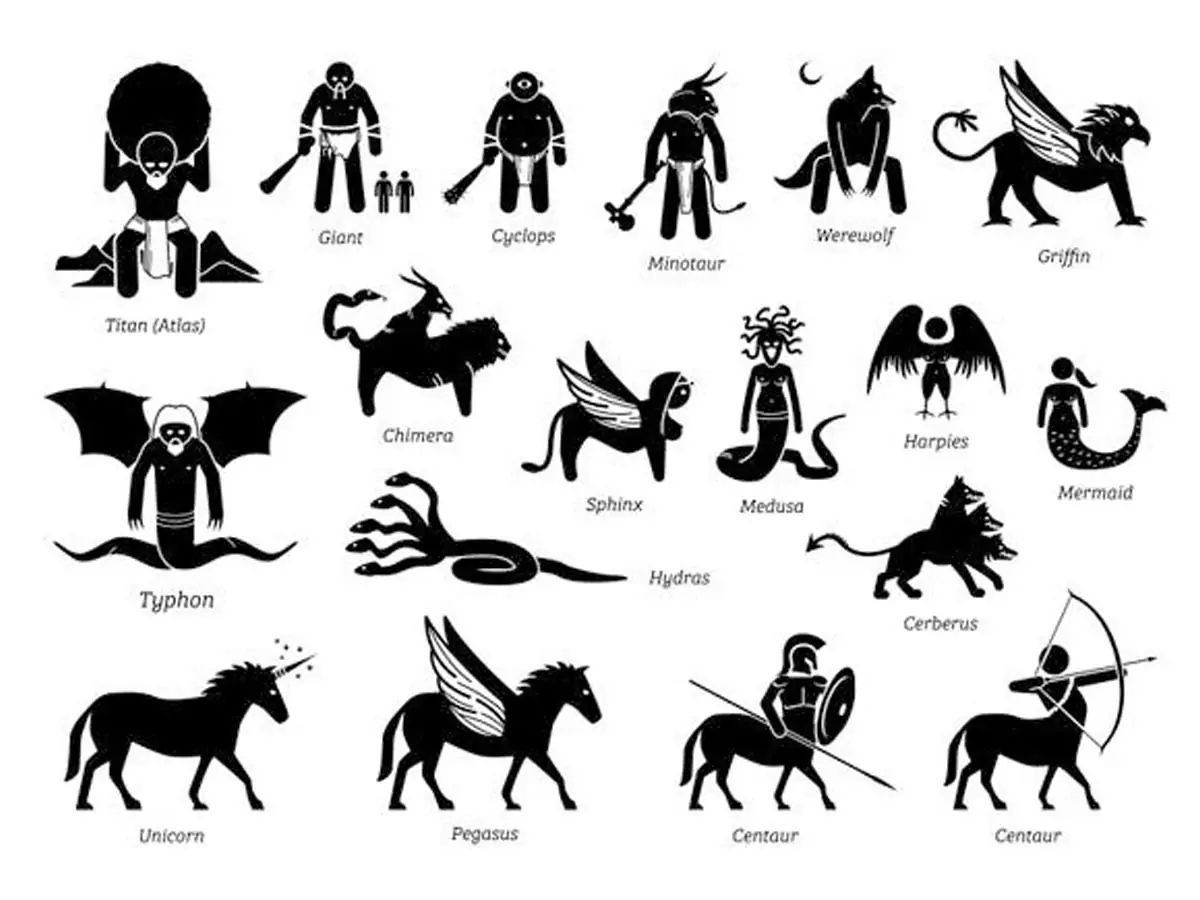All you need to know about Europe
Shortpedia
Content Team
Europe is a continent entirely in the Northern Hemisphere, with its landmass in the Eastern Hemisphere. The Atlantic Ocean to the west, The Arctic Ocean to the north, the Mediterranean Sea to the south, and Asia to the east border the westernmost peninsulas of Eurasia's continental landmass.
Europe produces 44% of the world's wine.
Europe is home to the world's second most active volcano, Mount Etna, also the continent's most active volcano.
The continent of Europe is a popular tourist destination. People travel from all over the world to see the many World Heritage Sites and other attractions that the country offers.
Brussels is the capital of Europe.

Although most of this frontier is on land, Europe is sometimes referred to as a continent due to its vast physical scale and the weight of its history and traditions.
Europe is the second smallest continent, covering about 10,180,000 km2, or 2% of the Earth's surface. Politically, Europe is divided into about fifty sovereign nations, the largest and most populous of Russia, which occupies 39% of the continent and accounts for 15% of its population. As of 2018, Europe had a total population of about 741 million people (roughly 11% of the world's population).
Warm Atlantic currents influence the European climate greatly, tempering winters and summers across most of the continent, except at latitudes where the climate in Asia and North America is harsh. Seasonal variations are more apparent further from the sea than they are closer to the coast.
Western civilization owes its origins to European culture, which can be traced back to ancient Greece and Rome. The fall of the Western Roman Empire in 476 AD and the Migration Era that followed marked the end of Europe's ancient history and the Middle Ages.

From the end of the 17th century to the first half of the 19th century, the Age of Enlightenment, the French Revolution, and the Napoleonic Wars formed the continent's intellectual, political, and economic landscape. The Industrial Revolution, which began in the United Kingdom at the end of the 18th century, ushered in radical economic, cultural, and social change in Western Europe and, eventually, the rest of the world. Both world wars happened predominantly in Europe, leading to a decrease in Western European influence in world affairs by the mid-twentieth century, as the Soviet Union and the United States rose to prominence.
The Council of Europe was founded in 1949 to unite Europe to achieve common goals and avoid future wars. Some states continued European unification led to establishing the European Union (E.U.). This distinct political body falls somewhere between a confederation and a federation. The E.U. began in Western Europe, but since the collapse of the Soviet Union in 1991, it has spread eastward. The Euro, the currency of most European Union nations, is the most widely used currency in Europe. The E.U.'s Schengen Area removes border and immigration controls between most E.U. member states and some non-member states.

Europa was a Phoenician princess according to Greek mythology. According to one theory, her name is derived from the ancient Greek elements "wide, broad" and "eye, face, countenance," and that their combined Euro means "wide-gazing" or "broad of aspect." Wide has been an epithet of Earth herself in the reconstructed Proto-Indo-European faith and its poetry. R.S.P. offers an alternative viewpoint.
Beekes, who has argued for the name's Pre-Indo-European origin, explains that a derivation from ancient Greek euros would result in a different toponym than Europa. Beekes has discovered toponyms linked to Europa in ancient Greece's territory and localities such as Europos in ancient Macedonia.
There have been attempts to connect Euro to a Semitic word for "west," such as Akkadian Erebu, which means "to go down, set" (of the sun) or Phoenician 'ereb, which is the source of Arabic Maghreb and Hebrew ma'arav. Michael A. Barry discovers the word Ereb on an Assyrian stele, which means "night, sunset," in comparison to Asu, which means "[the country of] sunrise," i.e., Asia. According to "cartographic tradition," the same naming motive occurs in Greek o (Anatol "[sun] rise," "east," hence Anatolia).

